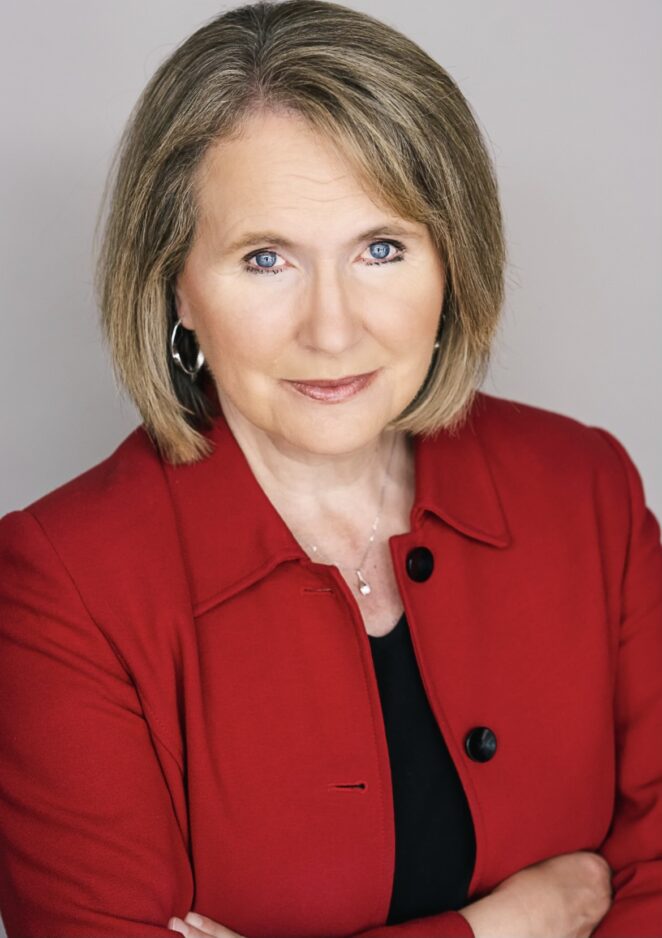
Photo credit
Susan Madsen
I have been a scholar, advocate, and activist for women's leadership for many years, but I have always struggled with using the words “feminist” and “feminism.” I know that some in my field get frustrated with me for not using the words proactively, but the words are so misunderstood. I have lived in several states, and here in Utah, I feel the negative reaction to the words is stronger.
So what exactly is a feminist? According to many online dictionaries, “feminist” generally refers to someone who argues that women's rights should be equal to men's rights. This usually includes social, political, legal, and economic rights. According to various sources, feminism is not necessarily related to degrading men and boys in order to elevate women (although more liberal feminism may lean in that direction). In fact, the word feminism originally simply meant “feminine” or “womanhood.”
Here are some other formal definitions of feminism:
Merriam-Webster Dictionary: “Believing in and advocating for the political, economic, and social equality of the sexes; especially expressed through organized activity in the interest and rights of women.” Dictionary.com: “The doctrine asserting that women have equal social, political, and all other rights with men.” Wikipedia: “A set of movements and ideologies aimed at defining, establishing, and defending a state of equal political, economic, cultural, and social rights for women. This includes seeking to establish equal opportunities for women in education and employment.” Urban Dictionary: “The belief that women are the intellectual and social equals of men and should be treated as such…embracing the belief that all are entitled to a reasonable range of freedoms and rights, including equal civil rights, and that they should not be discriminated against on the basis of sex.”
The theme that emerges from all these dictionary (and other) definitions seems to focus on the belief that:
All people should be entitled to freedoms and rights (within reason). There should be no discrimination on the basis of gender. Women and men should be treated and respected equally (socially, politically, legally and economically). Women's rights and opportunities must be guaranteed. Organized work to defend women's rights and opportunities (awareness-raising, advocacy, education, etc.) helps.
Most of the definitions and explanations I have looked at recently have this underlying element: “Women have the same human rights and should be respected as men.” This seems simple.
Perhaps the problem lies in how we understand the term “women's rights.” Amnesty International defines it as “the right to live free from violence and discrimination, the right to the highest attainable standard of mental and physical health, the right to an education, the right to own property, the right to vote, and the right to equal pay.” Even Wikipedia describes it as the right to be free from sexual violence, the right to vote, the right to hold public office, the right to enter into legal contracts, equal rights in family law, the right to work, and the right to fair wages and equal remuneration. It may also include the right to own property, to an education, and reproductive rights. Even if you feel strongly about reproductive rights (whatever your feelings), look at this list more generally. These are pretty basic rights!
So there you have it. I am a feminist because I believe that everyone has freedom and rights, that they should be treated equally and respected.
If you believe that girls and women in Utah should be able to live their lives free from domestic violence and sexual assault, then you're probably a feminist. If you believe that women should have the right to vote and be able to run for public office, then you're probably a feminist. If you believe that women should be able to graduate from college and own their own homes, then you're probably a feminist.
Overall, I agree that the word feminism comes with a lot of baggage and I probably wouldn't use it much. Sometimes the work is more important than the word. For me, it's about making sure that girls, women, and families in Utah thrive. The word feminist is so fundamental and yet so complicated at the same time. Instead of spending so much time and energy on disagreements over the word, let's work as a state and do the work for our daughters and granddaughters so that all Utahns can thrive.
Susan R. Madsen is the Karen Haight Huntsman Endowed Professor of Leadership in the Jon M. Huntsman School of Management at Utah State University and founding director of the Utah Women & Leadership Project.
Newsletter
Join thousands of people who already receive our daily newsletter.



